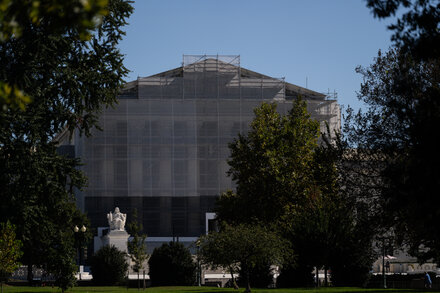European pharmaceutical companies are reportedly strategizing to navigate potential tariffs on imported medicines and medical products, a measure that could be introduced by a future U.S. presidential administration, specifically signaling concerns over a possible return of Donald Trump to the White House. Industry leaders are expressing a cautious optimism, believing they can largely mitigate the impact of such trade barriers through strategic adjustments to their global operations.
The pharmaceutical sector, characterized by its intricate and globalized supply chains, has historically been sensitive to trade disruptions. Past administrations have demonstrated a willingness to employ tariffs as a tool for economic policy, and a renewed focus on “America First” principles could lead to significant pressure on European drugmakers that largely export to the lucrative U.S. market.
Strategic Adaptations Under Consideration
Companies are reportedly exploring several avenues to avoid or minimize the financial burden of potential tariffs. One primary strategy involves increasing direct investment in U.S.-based manufacturing and research and development facilities. By shifting production closer to the end-consumer market, pharmaceutical giants aim to qualify their products as domestically produced, thereby circumventing import duties.
Another approach includes a deeper diversification of supply chains, ensuring that key components and active pharmaceutical ingredients (APIs) are sourced from multiple regions, potentially including the U.S. itself, or from countries unlikely to be targeted by specific tariffs. This would reduce reliance on European production for products destined for the American market.
“We are actively reviewing our operational footprint and supply chain resilience,” stated a senior executive at a major European pharmaceutical firm, speaking on condition of anonymity due to the sensitive nature of future policy discussions. “Our goal is to ensure that essential medicines remain accessible and affordable for U.S. patients, regardless of trade policy shifts. This involves significant planning around where we innovate, where we manufacture, and how we deliver.”
Industry analysts suggest that while such transitions are complex and capital-intensive, large pharmaceutical companies possess the resources and strategic foresight to adapt. However, the costs associated with reconfiguring established supply chains and building new facilities could eventually be passed on, potentially affecting drug prices or profit margins.
The sentiment within the European pharmaceutical industry is one of vigilance and proactive planning. While acknowledging the potential for disruption, many appear confident that through strategic investments and operational realignments, they can largely insulate their U.S.-bound operations from the full impact of any forthcoming tariff regime.
Source: Read the original article here.





